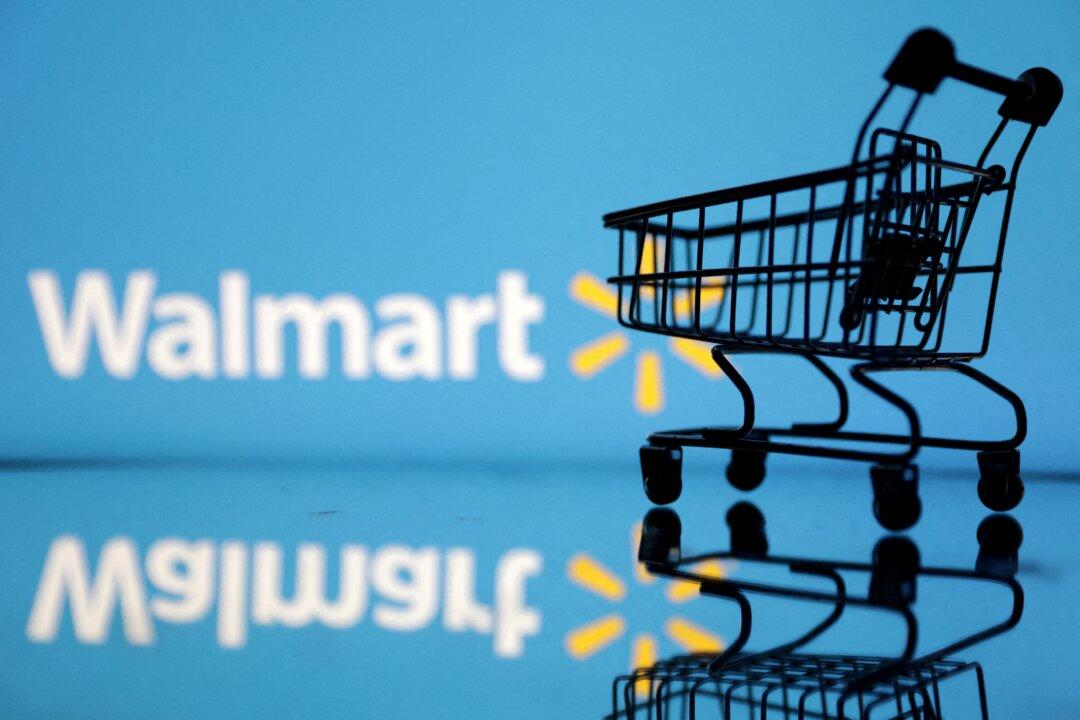Walmart is continuing to provide LGBT products as part of Pride Month, the firm said on Wednesday amid a consumer backlash against multiple brands aligning with such ideologies.
“We haven’t changed anything in our assortment,” Latriece Watkins, Walmart’s chief merchandising officer, said on May 31, according to Reuters. Watkins’ statement comes following a backlash against Target after the retailer launched LGBT items, including some targeted at kids. In late May, Target announced that it was removing some of the controversial items and insisted there were “threats” facing the company’s team members. But things are different with Walmart, Watkins said.





